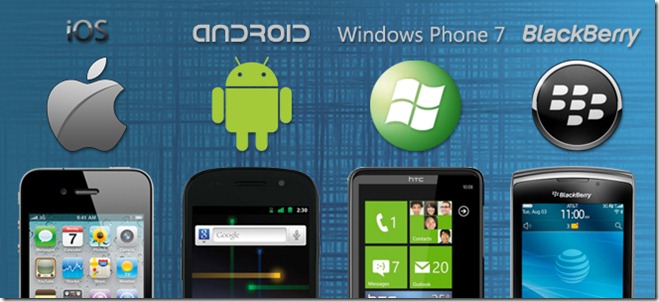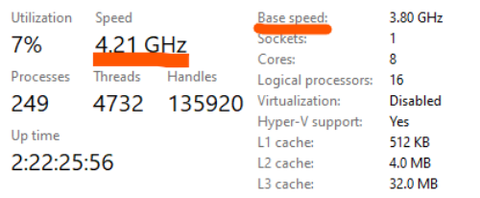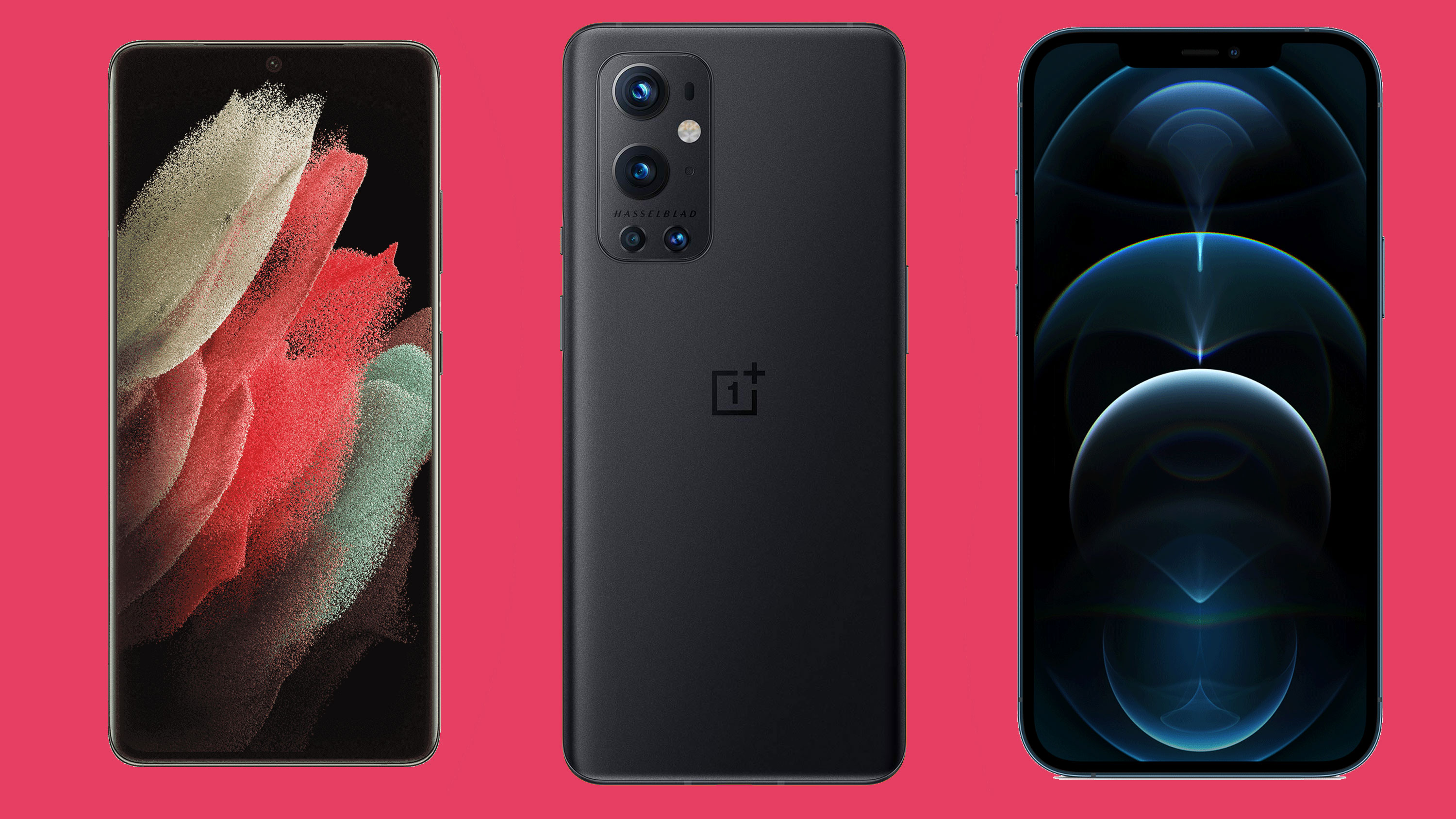Unveiling Smartphone Operating Systems: The Most Common Choices
Introduction
In an age where smartphones have become indispensable, the heart of any smartphone—its operating system—deserves adequate attention. This article aims to unravel the mysteries of the prevalent smartphone operating systems. We will explore why they matter, their impacts on smartphone capabilities, and what you should consider when choosing a smartphone based on its OS. Read on to better understand Android's popularity and iOS's dominance, their influences, and the potential future of smartphone operating systems.
Why is a Smartphone Operating System Important?
Just how pivotal is a smartphone's operating system? Imagine your smartphone as a house: the apps are the furniture, and the operating system is the foundation and walls that hold everything together. Without a robust and efficient operating system, the smartphone experience can quickly devolve into a chaotic mess. Here's why:
- User Interaction: The operating system dictates how you interact with your device, from the basic operation of launching apps to the sophistication of managing your smartphone's battery life effectively.
- Performance: The OS plays a huge role in fueling the performance of your phone, making sure your smartphone runs smoothly both on the surface and behind the scenes.
- Security: It influences the security of data and user privacy. Systems like iOS are known for their stringent security measures, while others like Android offer advanced customizability with robust privacy settings.
- User Experience: The operating system shapes the entire user experience. This is probably why the Android vs iOS debate often boils down to what users feel is more intuitive, and hence, more comfortable to use.

- Determining Factor: It is ultimately the deciding factor in whether your smartphone use will be hassle-free or packed with challenges.
Hence, understanding the operating system of your smartphone is vital, influencing everything from your interaction with your smartphone to how comfortably it nestles into your daily life.
Which Operating System is Your Smartphone Most Likely to Use?
Whittled down to two principal OS choices, the operating systems that you're potentially looking at for your smartphone are Android or iOS. Let's dive deeper to understand both a little better.
Uncovering the Popularity of Android OS
• Dominance: Android powers approximately 72.2% of the world's mobile devices, reflecting its universal appeal.
• Open-Source: Android's open-source nature allows for a high degree of customization and the ability to tweak settings to gear user experience exactly to your taste.
• Device Variety: Multiple manufacturers use Android OS, meaning there's a wide range of devices to choose from - be that Samsung, HTC, LG, Sony or others.
• Price: Android devices cater to all price ranges, including budget-friendly options.
Discovering the Significance of Apple's iOS
• Market Share: iOS runs on almost all of Apple's mobile devices that account for 27.5% of the world's market.
• Uniformity: Users can enjoy a consistent, streamlined experience across all Apple devices.
• Smooth Performance: Apple's devices are specifically designed to work with iOS, resulting in smooth and glitch-free performance.
• Enhanced Security: Given the closed nature of the system, iOS devices are often seen as more secure.
• Premium Feel: Apple's focus on design and quality gives iOS a premium appeal.
Thus, the OS your smartphone is most likely to run might depend heavily on factors like budget, affinity for customization, device preference, and security considerations.
How Does the Choice of Operating System Influence Smartphone Capabilities?
Choosing between a smartphone's operating system significantly affects its capabilities, security features, performance, and other core functionalities.
The Role of Operating System in Security
A smartphone's operating system has a substantial bearing on the device's security. Features such as encryption, biometric security, secure boot, improved password protection, and intrusion prevention are encapsulated within the OS. Here are the security pros and cons of both:
- Android:
- Pros: Offers a range of antivirus apps, provides a secure sandbox environment to isolate app data.
- Cons: Its open-source nature and fragmented updates can sometimes leave devices vulnerable to security breaches.
- iOS:
- Pros: Known for its superior security due to closed-source nature and timely updates, less prone to malware.
- Cons: Restrictive app permissions can be inconvenient for some users.
Impact of Operating System on Features and Performance
Your smartphone's performance and the assortment of features it offers are heavily influenced by its operating system.
- Android:
- Performance: Can vary depending on the device model and hardware specifications.
- Features: Offers high customization options, supports Google Assistant, provides a rich notification system.
- iOS:
- Performance: Ensures a smooth, lag-free experience across all devices due to its uniform design and optimization.
- Features: Offers features like Siri, FaceTime, and seamless integration with the Apple ecosystem.
The choice between Android and iOS, therefore, significantly affects the way users interact with their smartphones, influencing their overall experience.
What Should You Consider When Choosing a Smartphone Based on its Operating System?
Navigating the world of smartphone operating systems can be a daunting task, with a major influence on the overall user experience. To simplify this process, two important considerations have been highlighted below.
User Interface Comparisons of iOS and Android
The user interface, which covers the design elements you interact with directly, is a major factor that differentiates one OS from another.
- iOS: Known for its consistent and clean interface, iOS offers simplicity over extensive customization. Its ease of use and consistency across all devices makes it an intuitive choice for many users.
- Android: Android outshines iOS when it comes to customization options. From launchers to icon packs, users have the freedom to tailor the system to their liking. However, the interface can vary across devices, depending on the manufacturer's software skin.
App Availability and Compatibility on Both Systems
Apps form the backbone of smartphone usage, so familiarity and compatibility play a key role here.
- iOS: Apple’s App Store is highly regulated, ensuring the apps are largely free from malware. Plus, developers often release new apps on iOS first, giving Apple users early access. However, Apple's stricter guidelines can limit the range of apps available.
- Android: Google Play Store boasts an extensive array of apps, benefitting from a more open development ecosystem. Android users might have to wait a little longer for new app releases, but they enjoy greater diversity in app selection compared to iOS. However, due to the wide range of devices using Android OS, compatibility issues can sometimes present themselves.
Weighing these factors can help align your smartphone choice with your personal preferences and usage habits, bringing you one step closer to finding the perfect device.
What Does the Future Hold for Smartphone Operating Systems?
Understanding Anticipated Updates on Android and iOS
As we look ahead, we can expect numerous transformations in both Android and iOS. The operating systems are likely to see significant updates that propel their functionalities even further.
• Android:
- Android’s upcoming versions are expected to further enhance user functionality and offer higher customization options.
- Greater integration of Google services into the Android platform might be witnessed.
- Advanced AI features through Google Assistant is an exciting prospect.
- Android aims to refine its environment, aiming for uniformity amid diversity.
• iOS:
- Apple continues to unify the user experience across all their devices, with upcoming iOS updates likely to be even more streamlined.
- iOS might incorporate more AI functionalities within Siri or introduce new apps to enhance user productivity.
- Strengthening security measures is a continuous process for iOS.
- We can anticipate iOS to foster tighter integration with Apple's IoT ecosystem.
Brief on Emerging Smartphone Operating Systems
The future might not be dominated by just Android and iOS. New entrants are starting to make their presence felt in the OS market.
• HarmonyOS: Huawei's HarmonyOS is a microkernel-based OS that can be used across devices, promising a seamless experience. The OS is primarily structured to enable IoT applications.
• Tizen: Samsung’s Tizen platform, with its greater emphasis on the IoT ecosystem and integration with Samsung devices, exudes promising potential.
• KaiOS: Targeting feature phones, the web-based KaiOS brings smartphone-like functionalities to non-touch devices, allowing millions of users to access internet services globally.
As tech giants continue to innovate, we can expect the birth of newer smartphone operating systems seeking to reinvent our digital experiences.
Conclusion
Whether you choose Android for its customization and freedom or iOS for its seamless interface and security, the importance of understanding your smartphone's operating system is undeniable. It influences your device’s performance, security, and user experience. Keeping abreast with the latest developments will help you leverage your device to its fullest potential.
Related FAQs about what operating system is a smartphone most likely to use
Why is Android more common than iOS?
Android is usually more common due to its open-source nature, allowing for a higher degree of customization. It also caters to a wider range of devices across various price points, making it more accessible to a broader market compared to the premium priced Apple's iOS devices.
How does the choice of operating system impact the smartphone's performance and security?
The choice of operating system significantly influences the smartphone's performance, feature availability, and security. While iOS delivers a smooth, consistent experience and robust security, Android provides high customization options and performance that varies with device specifications.
Can I change the operating system on my smartphone after purchase?
While technically possible, changing your smartphone's operating system post-purchase is not generally recommended. It can lead to voiding your warranty, issues with app compatibility, and risk bricking your device if the process isn’t executed correctly.







